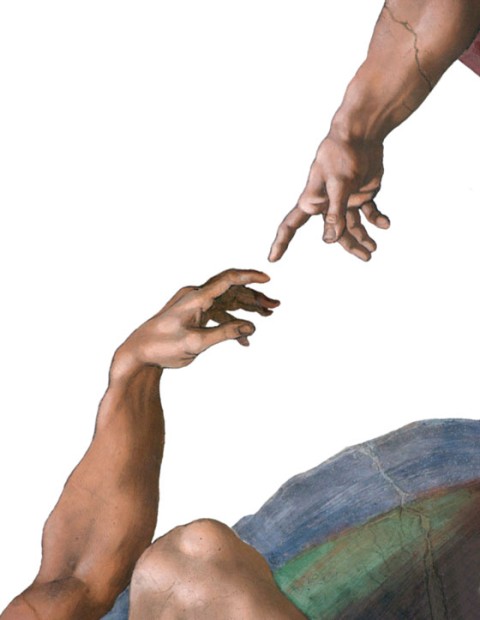What Genesis doesn’t say: Rethinking the creation story

Many people believe that according to the Bible, there has been a cosmic Fall as a result of the sin of the first humans, and death was a consequence of this supposed Fall. Many such approaches to scripture are lamentably lacking in theological sophistication. In certain respects, some of the approaches recommended by no doubt sincere religious believers are more consonant with atheism than with the orthodox Christian tradition of scriptural interpretation.
In light of the understanding of scripture offered in the first five centuries by the saints and fathers of the church—not to mention later figures such as the Victorines and St. Thomas Aquinas—Christians were never medieval in their approach to scripture. If anything, it is our common contemporary approach to scripture that is medieval, in the pejorative sense of the term. For example, despite the very best of intentions, the advent and rise of creationism and its understanding of the Bible represent a lapse into intellectual barbarism, a complete abandonment of the Christian tradition.
The approach to scripture and to theology offered by modern ultra-Darwinists demonstrates the real dark ages. In a recent television documentary, the atheist writer Richard Dawkins rightly lambasted all forms of New Age nonsense, but he seemed to overlook a surprising ally: "At the very moment when the Magi, guided by a star, adored Christ the new king, astrology came to an end, because the stars were now moving in the orbit determined by Christ. This science, in fact, overturns the worldview of that time, which in a different way has become fashionable once again today." So says Pope Benedict XVI.





